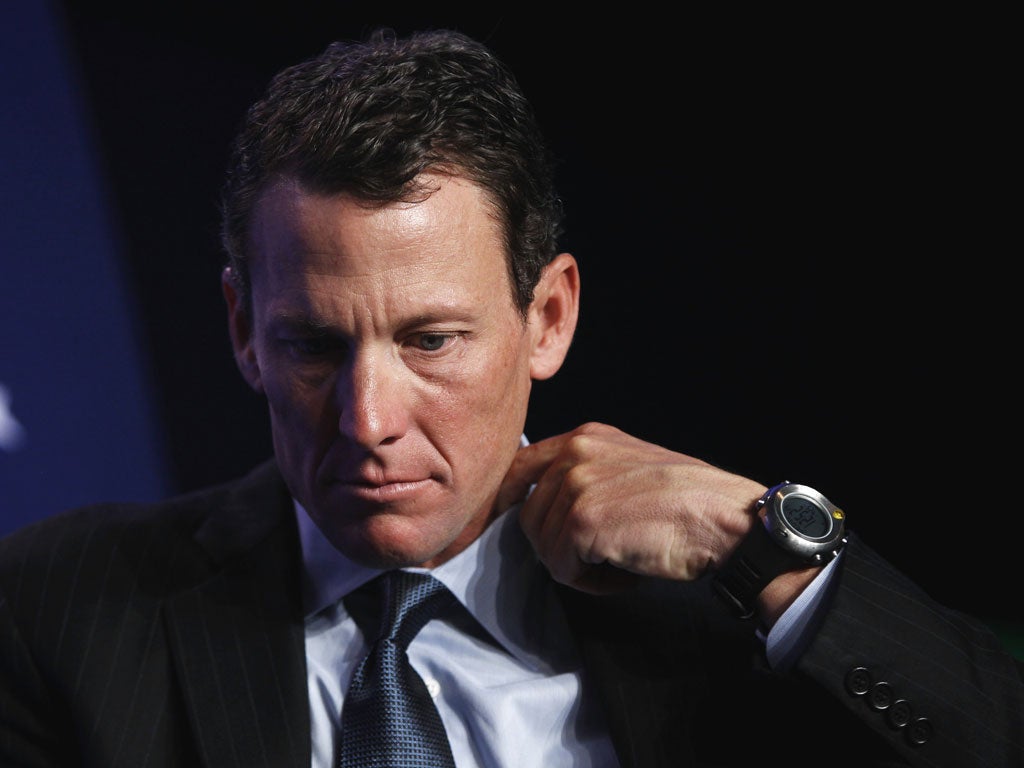
Your support helps us to tell the story
From reproductive rights to climate change to Big Tech, The Independent is on the ground when the story is developing. Whether it's investigating the financials of Elon Musk's pro-Trump PAC or producing our latest documentary, 'The A Word', which shines a light on the American women fighting for reproductive rights, we know how important it is to parse out the facts from the messaging.
At such a critical moment in US history, we need reporters on the ground. Your donation allows us to keep sending journalists to speak to both sides of the story.
The Independent is trusted by Americans across the entire political spectrum. And unlike many other quality news outlets, we choose not to lock Americans out of our reporting and analysis with paywalls. We believe quality journalism should be available to everyone, paid for by those who can afford it.
Your support makes all the difference."So ends one of the most sordid chapters in sporting history," are the last words of the United States Anti-Doping Agency's damning investigation into cyclist Lance Armstrong.
But the publication of the Usada's decision marks only the beginning of a mountain of difficulties facing the 41-year-old Texan, who is still, technically, a seven-time Tour de France winner.
Even though Armstrong decided in August to stop fighting doping allegations, which he continues to deny, he will not be able to ignore the report's many consequences. He may face perjury charges, have to hand back millions of dollars in prize money (and an Olympic medal) and could lose millions in donations to his Lance Armstrong Foundation for cancer survivors.
Armstrong denied doping under oath to a Dallas court in 2005, testimony that Usada has called "materially false and misleading". Although Armstrong maintains his innocence, if US prosecutors disagree there are grounds for perjury charges.
The cyclist went to a court for civil arbitration in November 2005, when SCA Promotions Inc and Ted Lyonhamman Insurance Services did not want to pay him a $5m bonus for winning his sixth consecutive Tour de France amid growing doping rumours. Among seven potentially perjurious statements, Armstrong claimed to have never taken any performance enhancing drug in connection with his cycling career, despite evidence now regarded as "irrefutable".
Cycling's governing body, the Union Cycliste International (UCI), has 21 days to respond to Usada. If the UCI decides to strip Armstrong of his seven Tour de France titles, which it almost certainly will, he will be required to return around $7m in prize money.
Whether he will have to also return the bronze medal he won in the Olympic Time Trial in Sydney in 2000 is still unclear.
Join our commenting forum
Join thought-provoking conversations, follow other Independent readers and see their replies
Comments